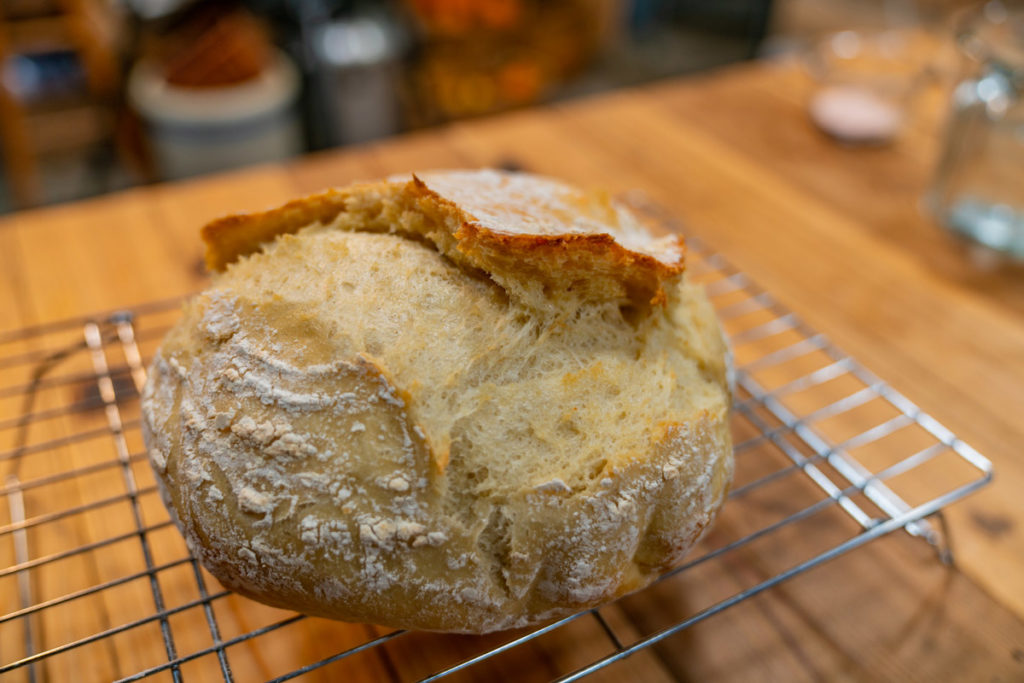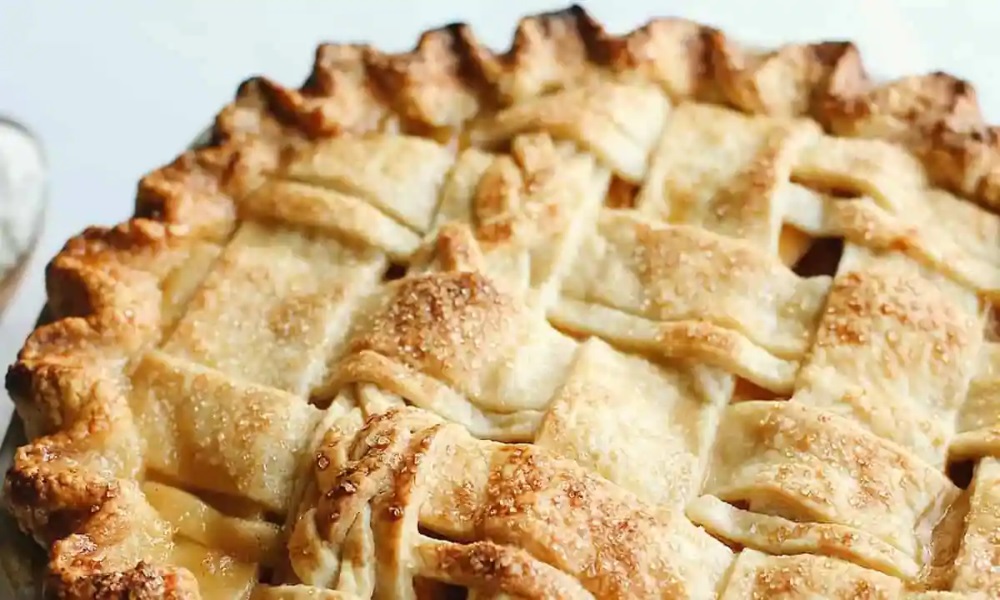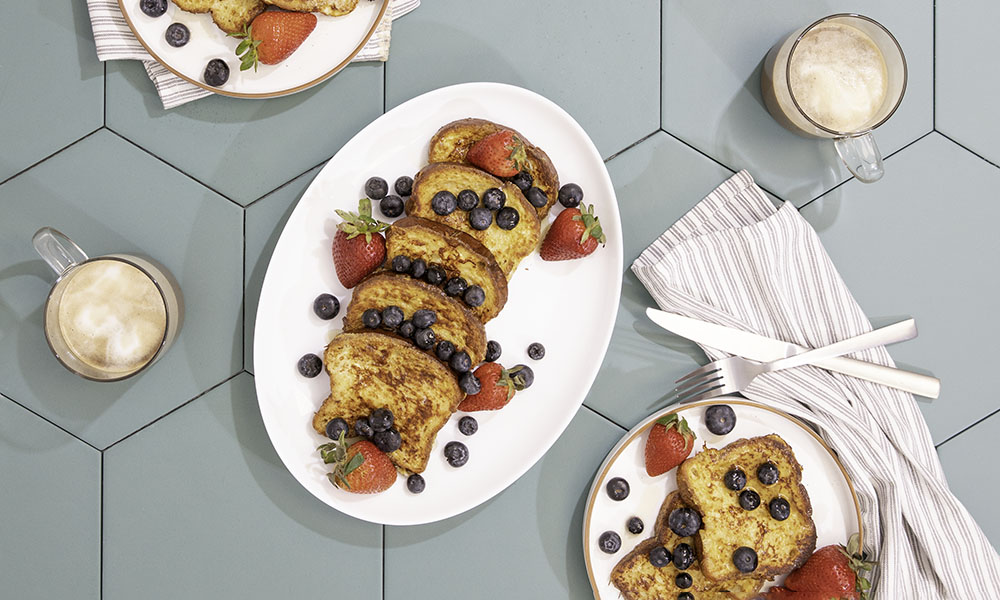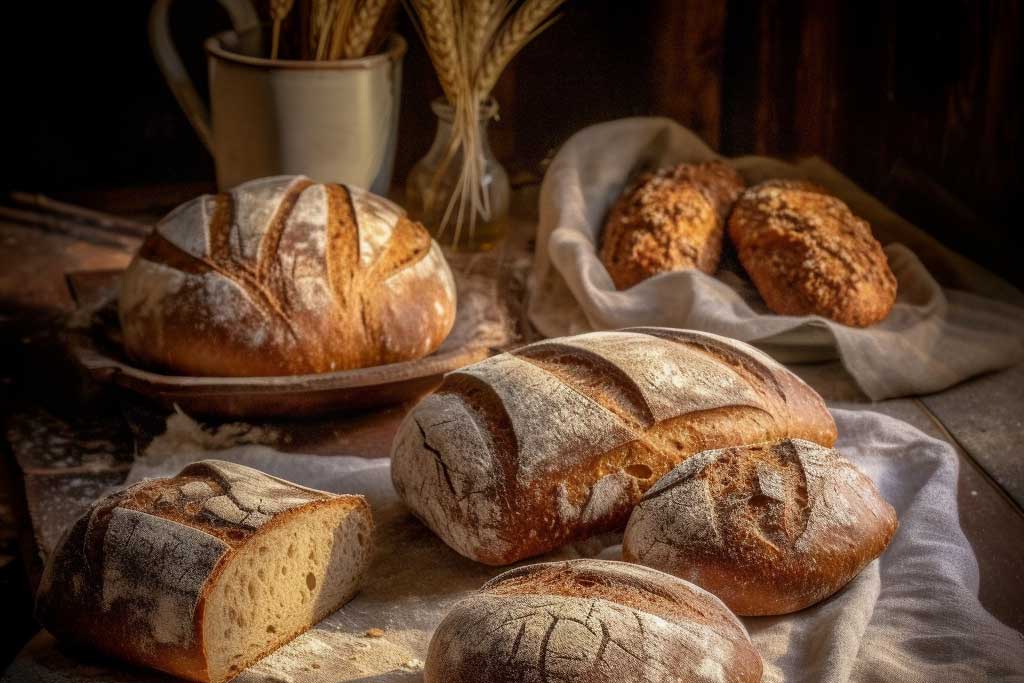Baking with Alternative Sweeteners: Healthier Treats
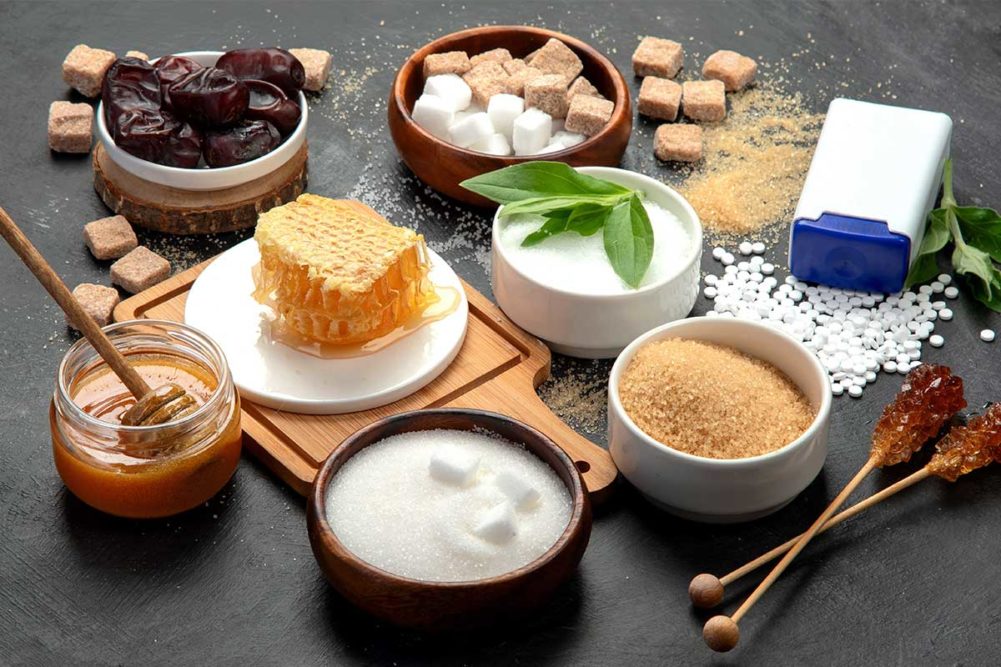
When it comes to baking, many people automatically reach for refined white sugar to sweeten their treats. However, with the increasing focus on healthier eating habits, alternative sweeteners have gained popularity in the baking world. These natural sweeteners offer a range of health benefits and can add unique flavors to your baked goods. Let’s explore some of the most popular alternative sweeteners and how you can use them to create healthier treats.
1. Honey
Honey is an ancient sweetener that has been used in baking for centuries. It is a natural sweetener made by bees from the nectar of flowers. Honey is rich in antioxidants and has antimicrobial properties. When using honey in baking, it’s important to reduce the amount of liquid in your recipe and lower the oven temperature by 25°F as honey tends to caramelize and brown faster than sugar.
2. Maple Syrup
Maple syrup is another popular alternative sweetener, particularly in North America. It is made from the sap of maple trees and is rich in minerals like manganese and zinc. Maple syrup adds a distinct flavor to baked goods, making it ideal for pancakes, muffins, and cookies. When substituting maple syrup for sugar, use ¾ cup of maple syrup for every cup of sugar and reduce the amount of liquid in the recipe by 3 tablespoons.
3. Coconut Sugar
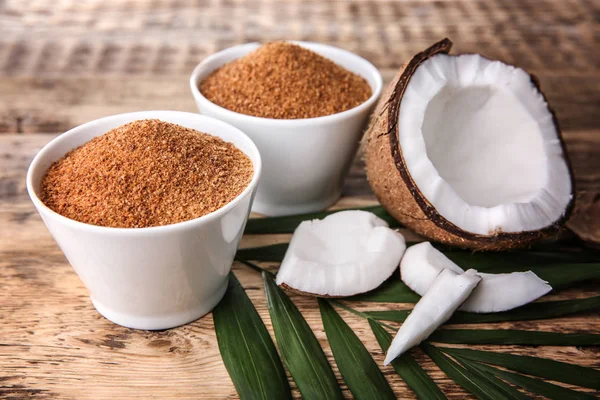
Coconut sugar is derived from the sap of coconut palm trees. It has a low glycemic index compared to regular sugar, meaning it doesn’t cause a rapid spike in blood sugar levels. Coconut sugar has a caramel-like flavor and is an excellent substitute for brown sugar in recipes. When using coconut sugar in baking, use it as a one-to-one replacement for brown sugar.
4. Stevia
Stevia is a natural sweetener extracted from the leaves of the stevia plant. It is incredibly sweet, so a little goes a long way. Stevia is a zero-calorie sweetener and does not raise blood sugar levels, making it suitable for people with diabetes or those watching their calorie intake. When baking with stevia, use the powdered form and follow the conversion chart provided on the package to determine the correct amount to substitute for sugar.
5. Date Paste
Date paste is made by blending dates with water to create a thick, sweet paste. It is a natural sweetener that adds moisture and depth of flavor to baked goods. Date paste is an excellent substitute for sugar in recipes, particularly in brownies, energy bars, and cookies. Replace one cup of sugar with one cup of date paste, and adjust the liquid content in the recipe if needed.
Baking with alternative sweeteners not only adds unique flavors to your treats but also offers various health benefits. Whether you choose to use honey, maple syrup, coconut sugar, stevia, or date paste, experimenting with these natural sweeteners will allow you to create delicious and healthier baked goods for yourself and your loved ones.
